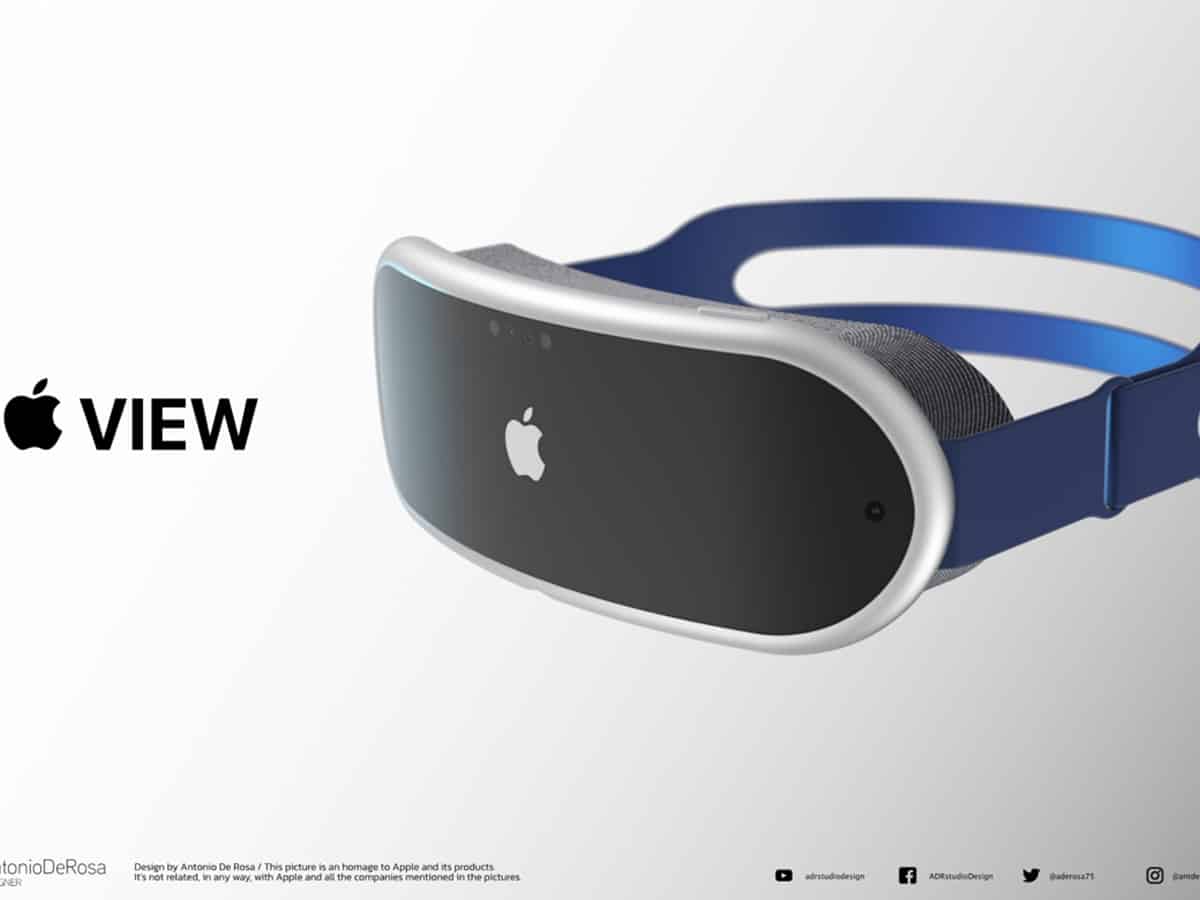
San Francisco: Apple is working on the most advanced chips for its unannounced AR/VR headset and now a new report has claimed that the headset would come equipped with three displays.
According to display analyst Ross Young, the display configuration will include two micro OLED displays along with one AMOLED panel, with Sony set to supply the micro OLED displays that Apple will use, reports MacRumors.
Apple may use the AMOLED panel for low-resolution peripheral vision, thereby enabling a foveated display system.
The headset may come with multiple highly sensitive 3D sensing modules in order to offer innovative hand tracking.
The structured light sensors can detect objects in the hands, comparable to how Face ID is able to figure out facial expressions to generate Animoji, Apple analyst Ming-chi Kuo noted recently.
“Capturing the details of hand movement can provide a more intuitive and vivid human-machine UI,” Kuo writes. He also believes the sensors will be able to detect objects from up to 200 per cent further away than the iPhone’s Face ID.
The headset will focus on gaming, media consumption, and communication.
It will have two processors, one with the same level of computing power as M1 along with a lower-end chip to handle input from different sensors.
The headset may come with at least six-eight optical modules to simultaneously provide continuous video see-through AR services.
The upcoming Apple headset will be similar to the Oculus Quest, and some prototypes being tested include external cameras to enable some AR features.
It may feature at least 15 camera modules, eye-tracking, possibly iris recognition, and could cost between $2,000 and $3,000.



